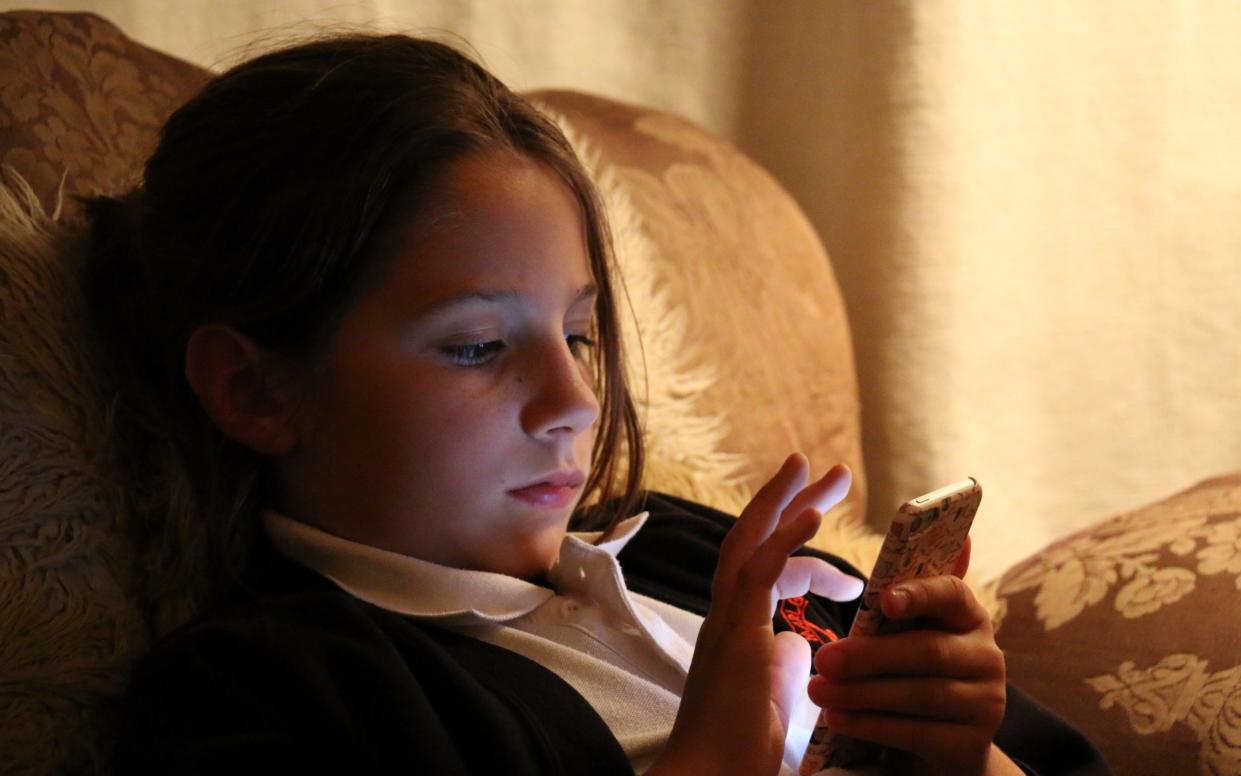Molly Russell quoted ‘depressive’ Instagram post in note, inquest into teen’s death hears

Molly Russell left behind “a note” that quoted a “depressive” Instagram post she had saved, her inquest has heard.
The 14-year-old, from Harrow, north-west London, died in November 2017, prompting her family to campaign for better internet safety.
Her inquest at North London Coroner’s Court heard on Monday how she “liked, saved and shared” thousands of images relating to depression, self-harm and suicide on Instagram - the social media platform owned by Meta, formerly known as Facebook - in the last six months of her life.
Oliver Sanders KC, representing the Russell family, told the court that Instagram enabled Molly to go down “a wormhole of content and binge on what those accounts are offering”. However, he also claimed that certain Instagram posts were “literally giving Molly ideas”.
The court heard that the teenager had left “behind a note that quotes” a depressive Instagram post, which was shown to the courtroom.
While questioning Elizabeth Lagone, Meta’s head of health and wellbeing, Mr Sanders said: “Have you seen Molly’s notes and the fact that she leaves behind a note that quotes this [post]?
“Molly leaves a note that quotes this,” he said. “Would this be allowed now?”
Ms Lagone replied: “I would not recommend it because it’s sad and depressive in its nature.”
In her evidence, Ms Lagone repeatedly drew a distinction between content that would be permitted to remain on Instagram, despite it not being recommended. The inquest heard that only content which specifically “promotes or encourages” suicide or self-harm would violate guidelines and so therefore could be removed.
Mr Sanders also told the court that Molly also used the words “I want to be pretty” in a note on her phone two days after viewing a video using the expression on Instagram.
“Do you see the connection there?” Mr Sanders asked Ms Lagone, who replied: “I see that is similar language.”
“It’s identical language,” Mr Sanders said. “This is Instagram literally giving Molly ideas [...]”
Ms Lagone replied: “I can’t speak about what Molly may have been thinking.”
The inquest heard that in the last six months of Molly’s life, there were only 12 days in which she did not engage with content on Instagram that related to depression, self-harm or suicide.
Mr Sanders told the court that during this six-month period, of the 16,300 images she engaged with, 2,100 were depression, self-harm or suicide-related. Furthermore, she engaged with 138 videos during this same period that contained these same themes.


Ms Lagone was taken through a number of posts the schoolgirl engaged with on the platform in the last six months of her life, which she described as “by and large, admissive”.
The senior executive told the inquest that she thought it was “safe for people to be able to express themselves”, but conceded that a number of posts shown to the hearing would have violated Instagram’s policies.
Mr Sanders later asked Mr Lagone if she was “sorry” regarding the content Molly saw.
She replied: “We are sorry that Molly saw content that violated our policies.”
Later, during a heated exchange, which prompted Mr Sanders to raise his voice, he asked Ms Lagone why such content could be viewed by children on Instagram. The platform has a minimum age requirement of 13, however, Molly was 12 when she created her account.
He said: “You have created the platform. You could just close down [...] but you’re choosing to do it and provide this vehicle for putting harmful content in the bedrooms of depressed children.
“You could just restrict it to adults who have informed capacity [...] that children don’t have so why do it?” [...]
“You have no right, you’re not their parents, you’re just a business in America. You have no right to do that. The children who are opening these accounts don’t have the capacity to consent to this.”
Ms Lagone told the court that Instagram repeatedly consulted experts in relation to its guidelines.
The inquest continues.

